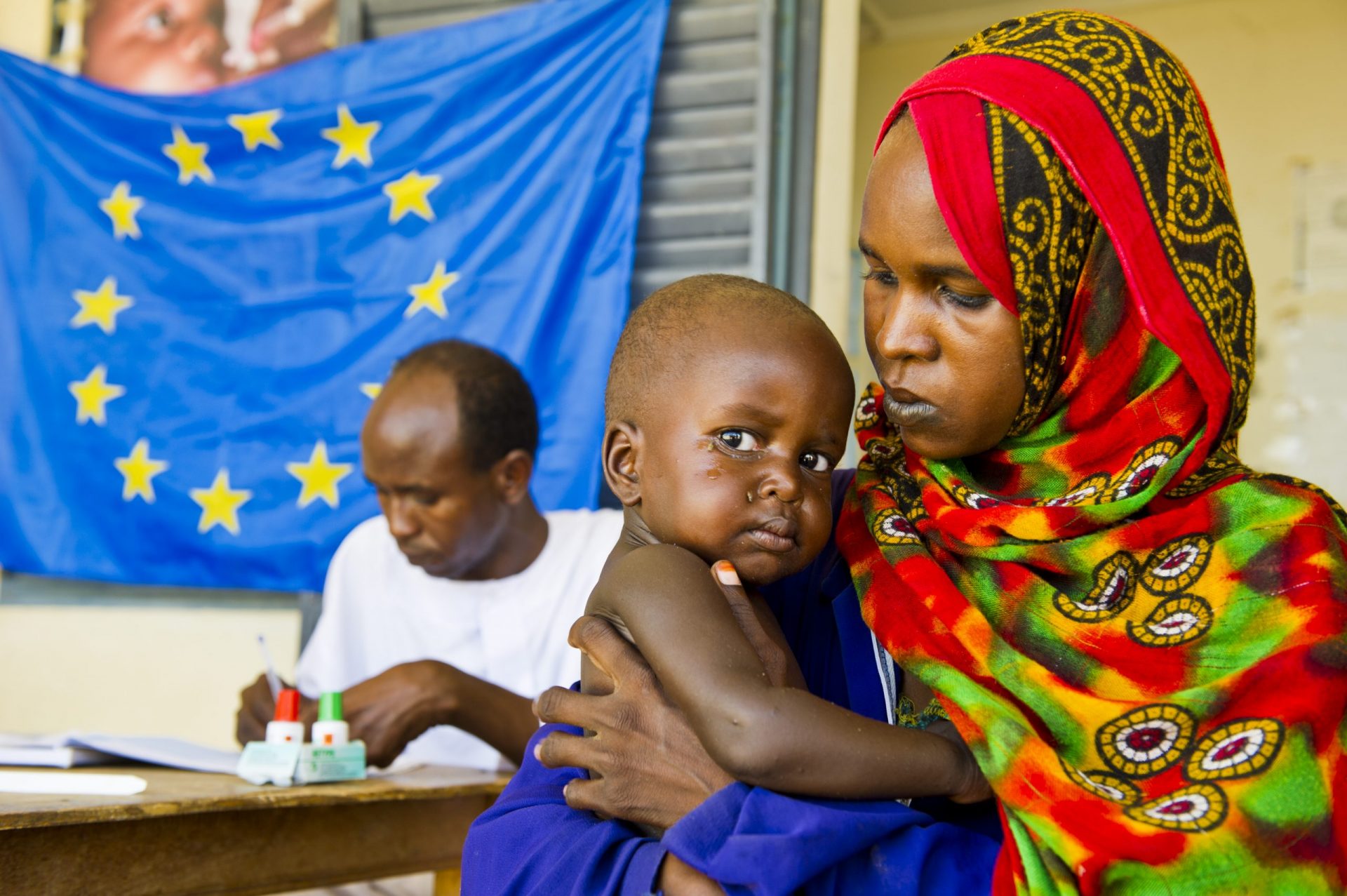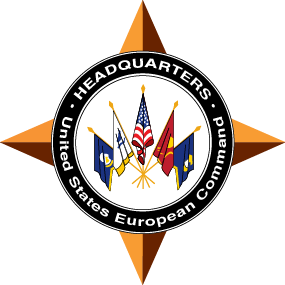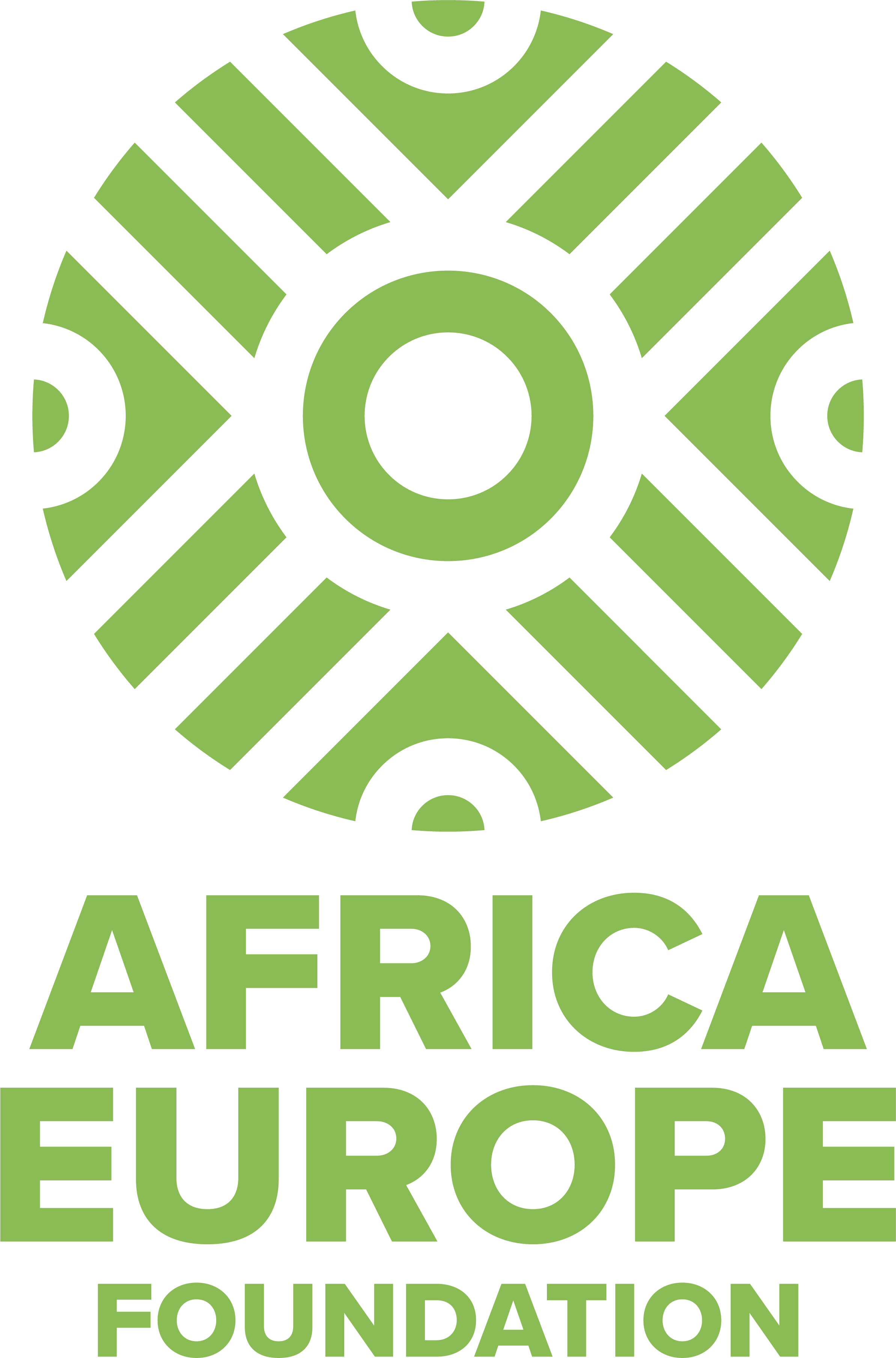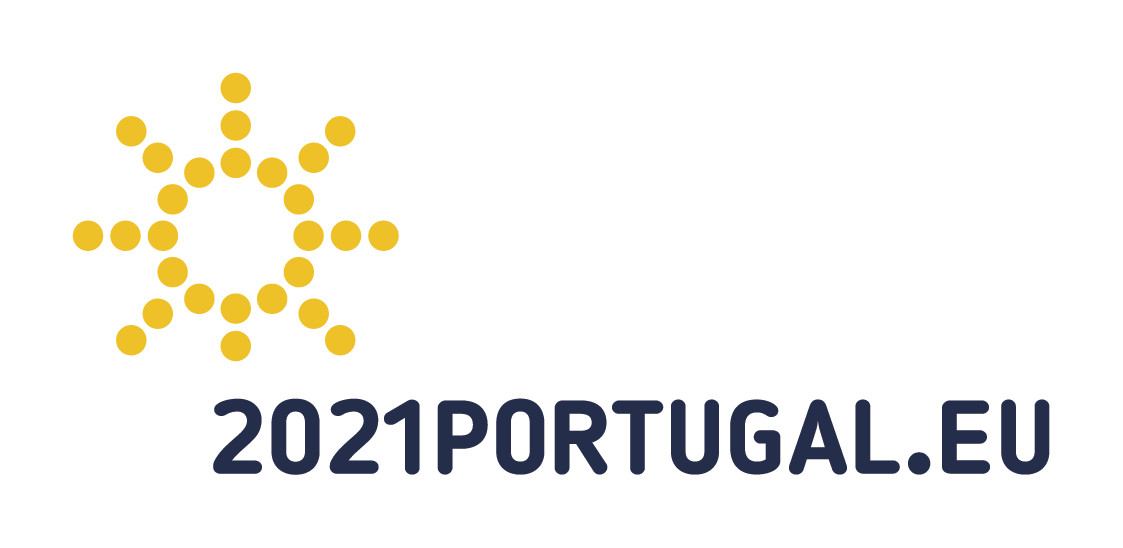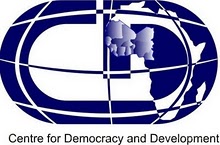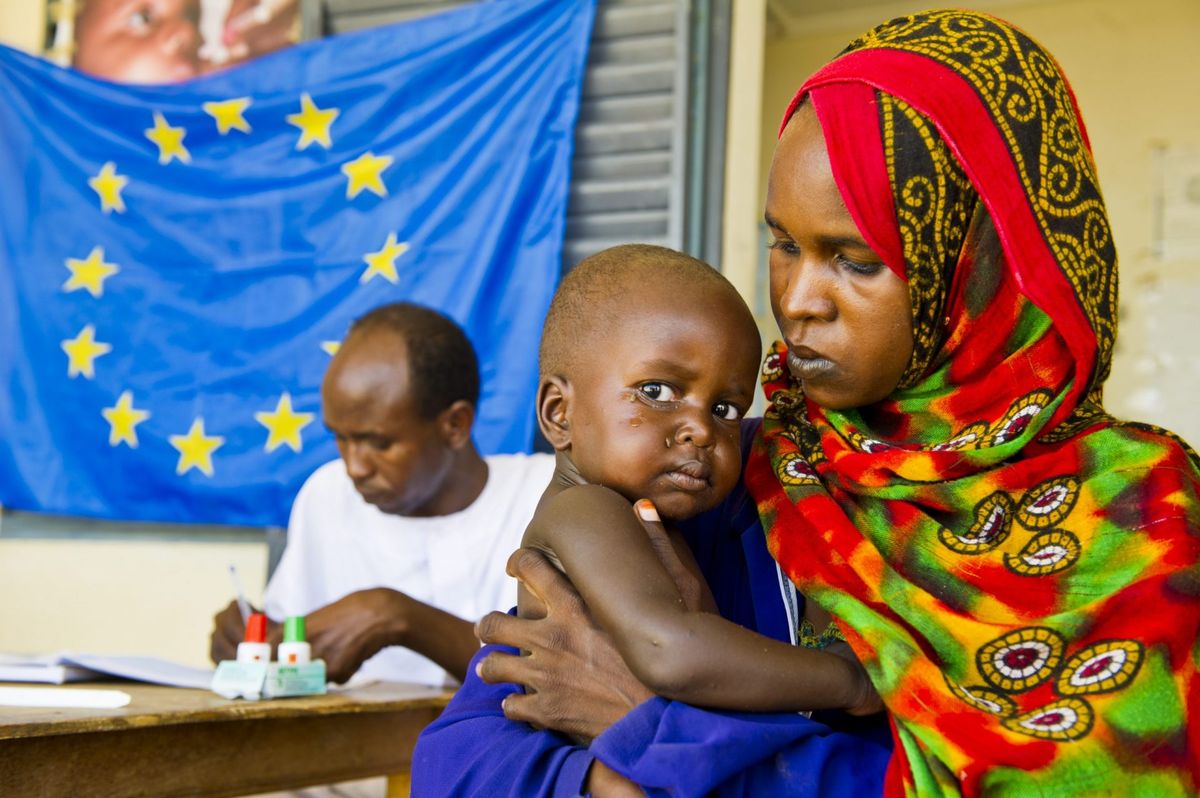
Summary
A region where better governance simply must come first
The Sahel’s five countries face various thorny issues related to peace and security. Yet extensive European support for this vast and complex region – centred in Mali around military assistance, development projects plus diplomacy and local efforts – appears to have delivered little progress over the last decade.
At the Friends of Europe online event ‘Disentangling the peace and security landscape: Europe and the Sahel’, held on 12 May 2021, senior politicians and experts from Europe and Africa explored the challenges and potential gains of forging a more coherent strategy for lasting peace and stability in the region. Much of their debate revolved around the conclusions of a new Friends of Europe report ‘Crossing the wilderness: Europe and the Sahel’, authored by journalist Paul Taylor.
“Is the Sahel our Afghanistan? What should we think about the region in a broader foreign policy context?” (3:20) asked the event’s moderator, Dharmendra Kanani, Director, Asia, Peace, Security & Defense, Digital & Chief spokesperson. To the follow-up question he posed to the audience by virtual poll (Should France and the EU get out of Sahel?), only a small minority urged immediate withdrawal (8% ‘now’), while others suggested trying to help for longer (44% ‘within five years’) or staying the course (48% ‘no’).
Kicking off the debate, João Gomes Cravinho, Portuguese Minister of Defence, argued that the EU cannot ignore the Sahel. It’s a linking area between sub-Saharan Africa and North Africa, which is in Europe’s neighbourhood. However, the Sahel has since 2011 become an intolerable focus as a safe haven for terrorists, making it a security threat to Europe too. Moreover, the EU is the biggest foreign donor in the Sahel, and has two missions in Mali, including an enlarged mandate for the region, and one mission in Niger.
“The EU has invested significantly in the Sahel, and since way before 2001, because of our long-term commitment to development in the world and because we see development as key to a stable world,” (8:16) added the minister.
Security in the round
Paul Taylor, Senior Fellow for Peace, Security and Defence and Contributing Editor to Politico, noted that his new report – the eighth in the European Defence Cooperation series – took a “holistic approach”, by broadly defining security to include food, economy, climate, and energy as well as the more traditional aspects on the ground.
One of his key conclusions was that terrorism and irregular migration are mostly the result, and not the cause, of destabilisation in the Sahel. The consequences of this instability are far-reaching, among them injustice, poverty, neglect, a lack of economic and education opportunities, as well as predatory governance.
“The EU has spent over €8.5 billion in the region since 2014, some on training Malian and regional armies and police. But the EU has got limited ability to effectively use its broad toolkit and range of foreign policy instruments,” (25:16) said Taylor. In his view, a major obstacle is that nobody is in charge of EU policy in the Sahel. In other words, since different EU institutions are responsible for different policies, there are simply “too many cooks.”
According to Irchad Razaaly, Head of Division – West Africa at the European External Action Service, DG INTPA, European Commission, there may well be “too many cooks” in the EU when dealing with the Sahel, although the same could be said of the United Nations. He added though that the EU has got “just one chief responsible for external affairs”, namely Josep Borrell, the High Representative of the Union for Foreign Affairs and Security Policy/Vice-President of the European Commission, and he was active just two weeks earlier speaking to Sahel leaders about the EU’s New Sahel Strategy.
Rethinking the EU’s military response
Taylor agreed on the need to combat terrorism and control migration in the region, because these are both threats to weak Sahel states, as well as to their African neighbours and to Europe: (23:22) “But the military-heavy response adopted by successive Malian governments and by France and international partners has seen limited success. It also comes with human rights violations, corruption and impunity – which can fuel the very grievances on which militant groups prosper.”
France entered the region in 2012 to tackle Islamic terrorism, but according to Taylor, it has made little push for better governance, due to a fear of colonialisation perceptions. France is also now seeking an exit strategy or to wind down its military operations with Sahel partners, especially in the run-up to the French presidential elections of April 2022.
“France knows the Sahel needs a coordinated and integrated approach. So we do try to balance our military and development efforts there, alongside the EU and others,” (67:39) noted Claire Raulin, French Ambassador and Permanent Representative to the Political and Security Committee (PSC) of the Council of the European Union. She highlighted Opération Barkhane, based in Mali, which has some 5,000 to 6,000 soldiers helping local forces to fight terrorism and improve African stability and security. This military operation is one of the various efforts supported by the Coalition for the Sahel, which pools the work undertaken by the G5 Sahel States and their international partners.
Raulin added that regional stability depends on security, though she acknowledged the need for better regional cooperation. With EU help, France is also training local forces to do better against terrorist threats. Whilst building these local armies, these partners now place increased emphasis on human rights and the fight against impunity in the Sahel.
“We aim to better connect our military results with our action on the ground in stabilisation and development,” (72:44) said Raulin. Once stability has been achieved, this paves the way for authorities to install judges, governors, and public utilities for local populations. In some rural areas, it’s often a question of establishing public services, rather than re-establishing them. “We see lots of progress in military stabilisation, and capacity building of development – but it does all take time,” (74:32) she concluded.
The Sahel is a very complex region and there are no simple answers to sustainable development there, noted Irina Schoulgin Nyoni, Ambassador, Deputy Director General and Head of Africa Department at Swedish Ministry of Foreign Affairs. In her view, the EU hasn’t combined security and development ideally: (79:17) “We do need security and stability for development, but the reverse is also true. So we must push development as well as the military side.” She added that the region’s countries must drive their own development.
- (41:47) “European impact in the region is heavily militarised, giving the impression that Europe is aligned with the extractive and corrupt elites of cities, rather than with people in the countryside. Young men struggle to make a living, so if you give them money and a weapon to join an extremist group, they may do so.” (Patrick Worms, Senior Science Policy Advisor, CIFOR-ICRAF)
- “We agree with the report’s recommendations for a less militaristic response. We advocate more local-led solutions for education and vocational training, especially for girls, and community-led traditional structures for dealing with local conflict and institution building.” (Anne-Marie McCarthy, Plan International, EU Office).
- (92:18) “Development aid should be the priority in Sahel, but recently the EU announced plans to launch military training in Mozambique this year and possibly to send defensive weaponry, through the new European Peace Facility. Shouldn’t the EPF’s top priority be the Sahel?” (Brooks Tigner, EU/NATO Affairs correspondent in Brussels for Jane’s Defence Weekly)
It’s chiefly about governance
The Sahel has problems with governance, that’s my main diagnosis, noted Taylor when speaking about his report. “My main recommendations are for the EU and France to change their approach, by introducing tough love for Sahel. Because they and regional African states and the international community have propped up Mali, Niger, Burkina Faso and Chad to prevent a collapse, but they have largely averted their gaze from manifest problems of governance, human rights abuse, atrocities and corruption,” (28:10) he remarked.
Taylor added that the EU may have signed too many blank cheques to Sahel, which has possibly led to delays in cleaning up their act: (29:17) “This can’t go on! Europe and France should use their leverage better to hold Sahel governments to their commitments to their own citizens.” He called for a more conditional approach to EU budget assistance, such as linking payments to agreed benchmarks for reforms. Likewise, supply of military equipment should be linked to more transparency for reforms in the defence ministries.
Serval other participants agreed with the importance of focusing on better governance. “(17:33) We need the right balance between promoting better governance in the region and being open and listening to what African partners tell us… But we can’t say ‘govern better’ and everything will be solved. That’s a recipe for disaster!” (18:20), said Gomes Cravinho. In his view, the EU needs a joined up and clear-minded approach to Sahel: “(56:35) We’re taking small steps towards that, but are far from linking the three pillars of security, humanitarian and development. Each pillar functions according to its own logic.”
Updating EU policy on Sahel
Irchad Razaaly, from the European Commission, agreed the EU should “refresh its position” on Sahel, as its strategy for the region is a decade old and there have been many changes there since, such as the introduction of G5 Sahel in 2014. He underlined that the EU’s New Sahel Strategy, approved in April 2021, puts more emphasis on security and defence, but he strongly challenged the view the EU is too heavy on those two aspects: (62:56) “Of the €8 billion of EU financial engagement in the Sahel, only 15% goes on security and defence, while 85% of EU intervention funds are for supporting development generally and the humanitarian response.”
Razaaly also agreed with the need for a tough love relationship, or a “transactional approach”: (64:36) “The EU is there to support our partners and they are committed to do more on governance as well as public policies.”
Francesca Di Mauro, Head of Unit Western Africa at the Directorate-General for International Partnerships (European Commission), confirmed that this 85% of EU aid goes to development, such as on agriculture, social sectors, finance, and peace-building. Seventy percent of what was donated in the last seven years was on direct budget support to the Mali treasury, with the aim of promoting and supporting social services. “We don’t give blank cheques, because we’re careful to supervise if conditions are met for budget support,” (85:39) she said.
Di Mauro added that, in late 2020, Mali lost out on €40 million of EU budget support, because the Commission didn’t see good results in fighting corruption there: (86:17) “Tough love is part of the EU strategy for setting the bar higher and engaging more politically.” She said this explains the nexus between security, development and foreign policy in the Sahel, as well as promoting governance – though clearly the latter has “deteriorated”.
Anna Terrón Cusi, Director of the International and Ibero-American Foundation for Administration and Public Policies (FIAPP), agreed the Sahel needs more governance, adding that Spain, France and Portugal are working on this to stabilise the region: (52:39) “But we need more consistency in the Sahel and to engage all partners, such as on gender politics.”
The debate also included calls for:
- more decentralisation to empower and fund local communities.
- more education and economic opportunities for young girls, women and men (McCarthy).
- more public services, enabling Sahel countries to follow their own policies and get EU support (Rok Kozelj, European Parliament, West Africa desk).
- special focus on hearts and minds: beware ‘parallel states’, funded by Saudi Arabian charities, as these are often patriarchal and not in line with EU values.
About
Presenting the latest FoE report on European peace, security and defence issues
Creating peace and stability in the Sahel is crucial for developing the region, preventing the diffusion of conflict and ensuring the safety and security of those living there, which makes it a priority for the EU and its member states. At present, European engagement contributes to the web of overlapping and interlinking initiatives aimed at stabilising the region, including military operations, development projects, diplomatic missions and local efforts. From Europe’s perspective, a combination of potential risk factors punctuate the security landscape, ranging from the region’s central position as a crossroads for uncontrolled migration to Europe and the trafficking of drugs, weapons and people; the proliferation of jihadist insurgents with connections to ISIS and Al Qaeda militants in Libya and the Middle East; to the risk of destabilisation spreading to key southern Mediterranean and coastal West African states.
Disentangling the peace and security landscape is critical for finding the route to a coherent strategy for durable peace and lasting stability in the region. Yet, without policy changes, governance reform and a more inclusive, less military-focused vision, the EU risks pouring increasing amounts of money into the Sahel to achieve little improvement, while the French and their military partners are doomed to a costly and open-ended containment exercise.
Based on a range of interviews with African, European and US policymakers, military commanders, civil society activists and relief workers, Friends of Europe’s latest study will consider how European, African and international policies can be adapted to achieve stability and a better outcome for the peoples of the Sahel. This launch debate will bring together key stakeholders to discuss the recommendations and conclusions with the author of the study, Paul Taylor, Senior Fellow at Friends of Europe and European Affairs Editor at Politico.
The study is the eighth in the European Defence Cooperation series, following seven similar studies on France, Germany, the United Kingdom, Poland, Italy, transatlantic defence cooperation and the Arctic.
Schedule
Questions will include:
- Which objectives should the European Union and its member states realistically aim to achieve?
- How can military, diplomatic, development, humanitarian and state-building tools best be combined effectively to this aim?
- What are the potential long-term ‘exit strategies’ in the Sahel?
Moderator
Dharmendra Kanani
Chief Operating Officer and Chief Spokesperson of Friends of Europe
speakers
Paul Taylor
Senior Fellow for Peace, Security and Defence at Friends of Europe
Fatoumata Haidara
West and Central Africa Sahel Director at Plan International
Irina Schoulgin Nyoni
Ambassador, Deputy Director General and Head of Africa Department at Swedish Ministry of Foreign Affairs
João Gomes Cravinho
Portuguese Minister of Defence
Irchad Razaaly
Head of Division – West Africa at the European External Action Service
Claire Raulin
French Ambassador and Permanent Representative to the Political and Security Committee (PSC) of the Council of the European Union
Speakers
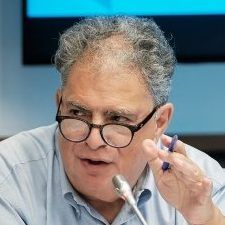
Senior Fellow for Peace, Security and Defence at Friends of Europe
Paul Taylor is a Senior Fellow at Friends of Europe and the author of the think tank’s European Defence Cooperation report series. He previously spent four decades working for Reuters as a foreign correspondent in Paris, Tehran, Bonn and Brussels, as bureau chief in Israel/Palestine, Berlin and Brussels, as chief correspondent in France, as diplomatic editor in London, and finally as European affairs editor. Taylor’s assignments have included covering the Iranian revolution, the Cold War Euromissile crisis, the 1991 Gulf War, German reunification, the Maastricht summit, France in the 1990s, EU enlargement, the Eurozone crisis and the fall of the Muslim Brotherhood government in Egypt.
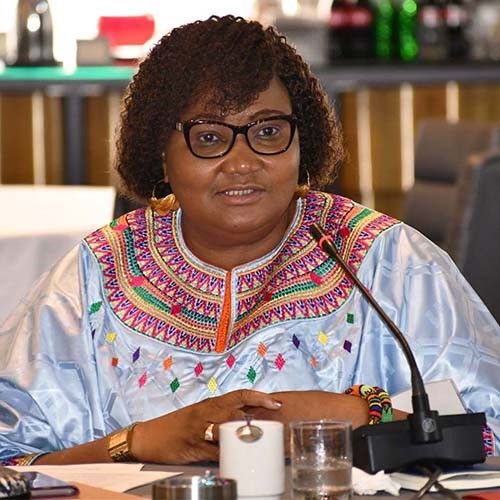
West and Central Africa Sahel Director at Plan International
Fatoumata Haidara is a Malian champion for the rights of women and girls with a demonstrated passion for human rights and social justice. She has 20 years’ experience holding leadership roles with WaterAid, Oxfam, the Canadian International Development Agency, and most recently with Plan International. As its current West and Central Africa Sahel Director, Haidara provides strategic leadership for the design and implementation of Plan’s Sahel portfolio including child rights, gender equality, and community-based development initiatives. Results-oriented, she focuses on creating and delivering innovative program strategies that improve the quality of health and security of vulnerable communities.
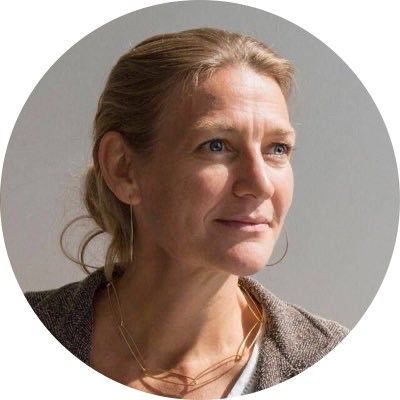
Ambassador, Deputy Director General and Head of Africa Department at Swedish Ministry of Foreign Affairs
Irina Schoulgin Nyoni is a expert diplomat with foreign affairs experience in security policy, development aid, human rights and good governance. She has worked in several peacekeeping operations, peace-building and post conflict issues as well as development cooperation with the Swedish Ministry of Foreign Affairs. Prior to this, Schoulgin Nyoni was Deputy Permanent Representative at the Swedish Mission to the United Nations in New York and Minister Counsellor in Geneva. Her career also includes postings as Ambassador-designate to Mozambique, Eswatini and Madagascar.
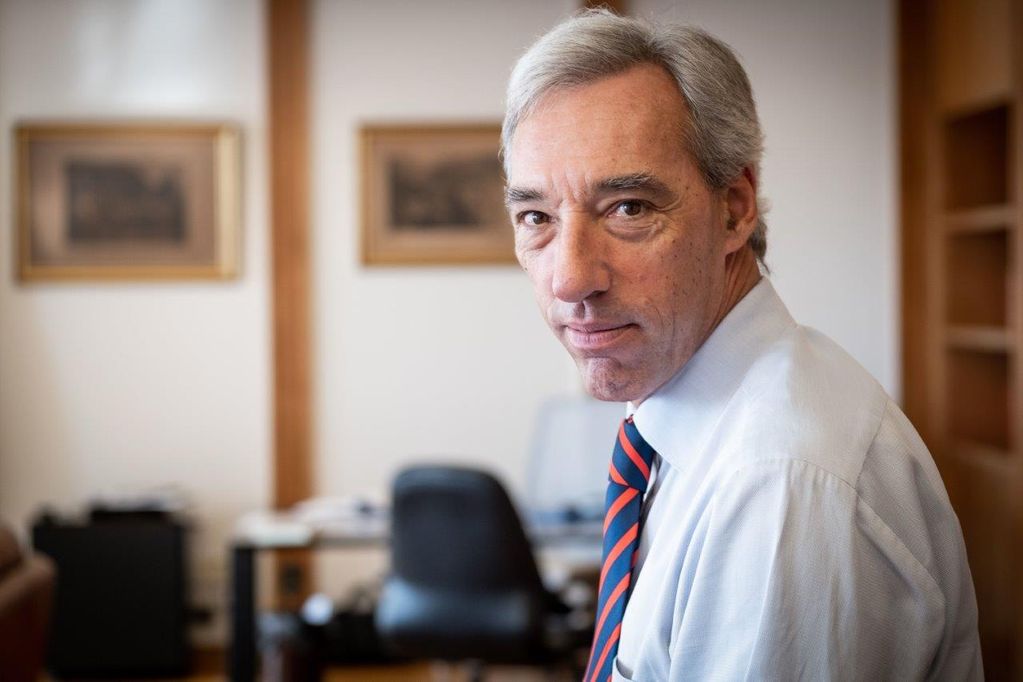
Portuguese Minister of Defence
João Gomes Cravinho is a seasoned Portuguese diplomat and politician. Prior to his current appointment, Gomes Cravinho focused his attention on the world’s top emerging markets, acting as the EU ambassador to India and Brazil. He also served as the secretary of state for foreign affairs and cooperation in Portugal. Earlier in his career, he was a lecturer on international relations at the Faculty of Economics of the University of Coimbra, as well as a guest teacher at ISCTE – Lisbon University Institute and NOVA University Lisbon. He has also authored a book, “Visões do Mundo”, as well as numerous articles in specialised academic publications and newspapers.
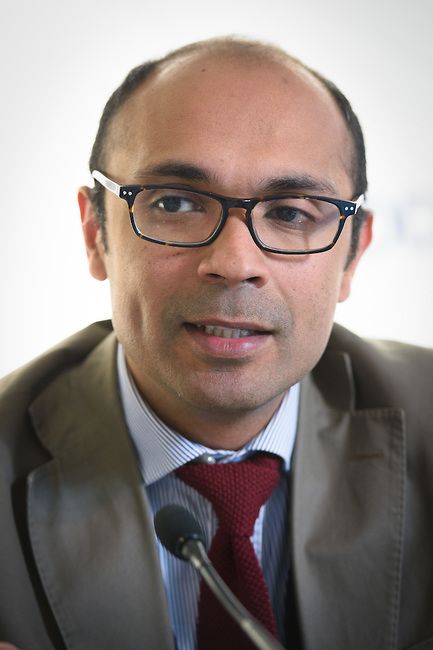
Head of Division – West Africa at the European External Action Service
Irchad Razaaly is a career diplomat with extensive experience in African and European affairs, including political and security affairs in Sub-Saharan Africa and global issues from energy, water, health and education to wealth distribution and sustainable management of global public goods. Razaaly is the former manager of the European Union Bêkou Trust Fund for the Central African Republic. He was also an advisor on development and humanitarian affairs at the Permanent Representation of France to the European Union and a political counsellor at the French Embassy to South Africa.

French Ambassador and Permanent Representative to the Political and Security Committee (PSC) of the Council of the European Union
Claire Raulin serves as a diplomat at the Permanent Representation of France to the European Union. As a member of the PSC, she contributes to EU crisis management through her work on the Common Foreign and Security Policy (CFSP) and the Common Security and Defence Policy (CSDP). Prior to this, Raulin worked with the Secretary General of the French Ministry of Europe and Foreign Affairs and the French Embassy in Italy.
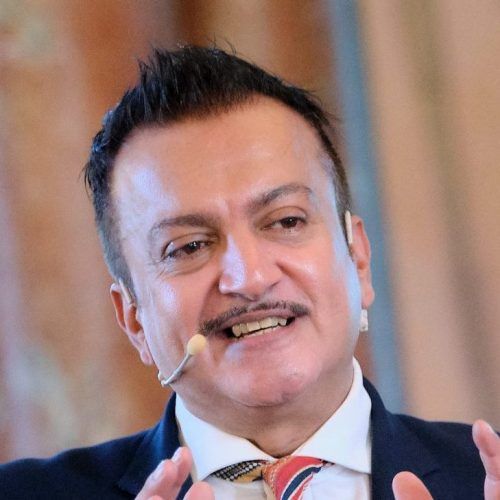
Chief Operating Officer and Chief Spokesperson of Friends of Europe
Prior to joining Friends of Europe, Dharmendra Kanani was director of policy at the European Foundation Centre (EFC). He was the England director at the Big Lottery Fund, the largest independent funder in the UK and fourth largest in the world. Dharmendra has held senior positions in the public and voluntary sectors and advisor to numerous ministerial policy initiatives across the UK.
Activities
From ambition to action: building Europe’s Defence Union
Past event In person

- Area of Expertise
- Peace, Security & Defence
EU-Western Balkans Summit 2025
Next event In person & Livestreamed

- Area of Expertise
- Peace, Security & Defence
Frontline Voices: renewing the women, peace and security agenda
Past event Online

- Area of Expertise
- Peace, Security & Defence
Frontline Voices: diagnosing the disconnect – The Women, Peace and…
Past event Online

- Area of Expertise
- Peace, Security & Defence
Defence Science and Technology: can NATO maintain its edge as its…
- Category
- #CriticalThinking
- Author
- By Jamie Shea
The next EU budget: increasing defence resources for strategic autonomy
- Category
- #CriticalThinking
- Author
- By Daniel Dăianu
How Russia fabricates reality to feign innocence while bombing civilians
- Category
- Area of Expertise
- Peace, Security & Defence
What happens to a kid abducted by Russia? Survivors and detention camp maps…
- Category
- Area of Expertise
- Peace, Security & Defence

- Area of Expertise
- Peace, Security & Defence

- Area of Expertise
- Peace, Security & Defence

- Area of Expertise
- Peace, Security & Defence

- Area of Expertise
- Peace, Security & Defence
Continue
the debate on
- Debating Europe
